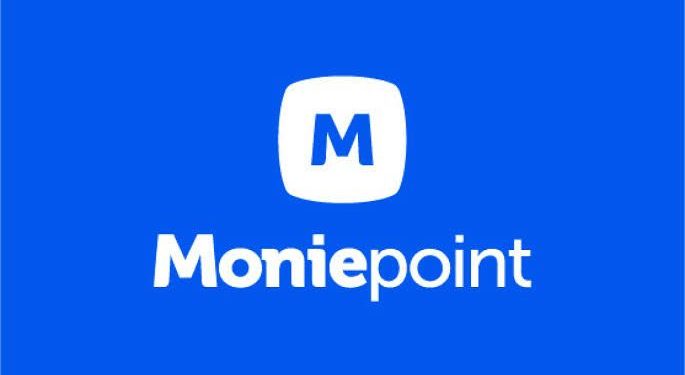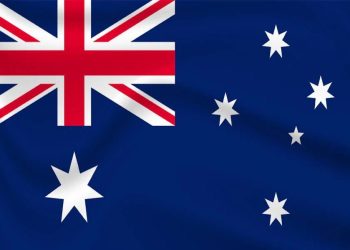When Moniepoint raised $110 million in October 2024, officially becoming a unicorn, it wasn’t just investors who benefitted. At least two senior employees sold part of their shares during the round, earning $20,000 and $850,000 (₦1.3 billion), respectively, according to documents seen by TechCabal.
These sales is the second time employees at the decade-old fintech participated in a secondary share sale. The first was during Moniepoint’s 2022 fundraising. Over time, secondaries have become part of the company’s strategy to retain top executives and attract talent from other financial institutions.
“Equity is both a way to acquire staff and a means of staff retention,” Emmanuel Faith, an HR specialist, told TechCabal.
The company announced the share sale earlier this year during internal town hall meetings. Qualified employees received detailed criteria, documents, and sale instructions via email. According to one employee, Moniepoint also provided guidance on how to use Carta, a marketplace for startup equity.
“Moniepoint’s continued growth and success in driving financial happiness for Africans everywhere has always been a team effort,” said Tosin Eniolorunda, the CEO and co-founder. “We are delighted to be progressive thinkers and see colleagues, and their families, benefit from our employee stock ownership plan – a testament to our commitment to helping our team thrive and build Africa’s leading fintech in the right way.”
Employee share sales are still rare in Africa’s tech space. But with IPOs and acquisitions scarce, secondary sales are becoming a practical way to reward long-term commitment. Arnergy, a Nigerian solar energy startup, allowed staff to sell shares to new investors in April.
“This was something we only saw in movies like Silicon Valley and The Social Network,” said one Moniepoint employee, who asked not to be named. “I didn’t expect it at first. Paystack did it, but that was later. We weren’t familiar with it locally. Over time, we learnt more and became hopeful.”
In this round, Moniepoint let only employees who had spent three years at the company participate. It also capped how many shares they could sell. The employee who earned $850,000 only sold a third of their shares. Shares at Moniepoint vest over four years, with 25% vesting annually.
These shares weren’t sold at Moniepoint’s unicorn valuation. As is typical in later-stage deals, new investors purchased shares at a discount. Still, the employees who sold were satisfied.
“It came at a great time. I had personal financial plans, and this cash gave me a boost,” said one.
In TechCabal’s earlier report on Arnergy’s employee share sale, staff said equity gave them a sense of ownership. That sentiment is echoed at Moniepoint. Employees don’t see stock options as just extra compensation—they see them as part of the company’s journey.
“At the beginner stage, companies issue equity because they know that they cannot afford to pay the market value of the talents they are bringing on board,” Faith said. “There is nothing that says ‘we believe in you and we want you to believe in us’ more than giving equity,” Faith said.
While equity is still new terrain for most Nigerian startups, Moniepoint’s move along with Arnergy’s is signalling a shift in the sector. Employee ownership may slowly be becoming the norm.























































